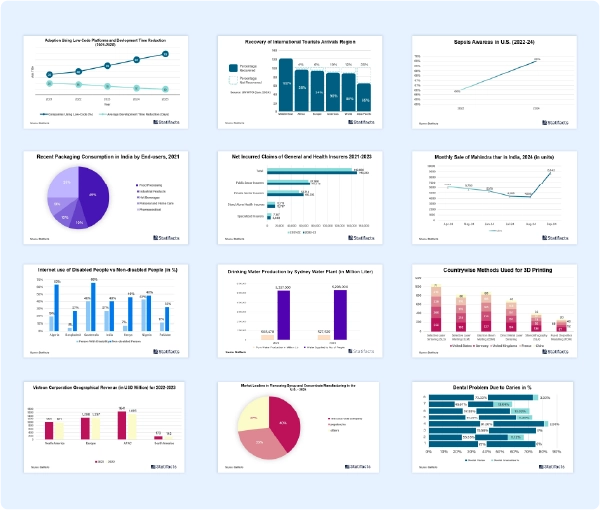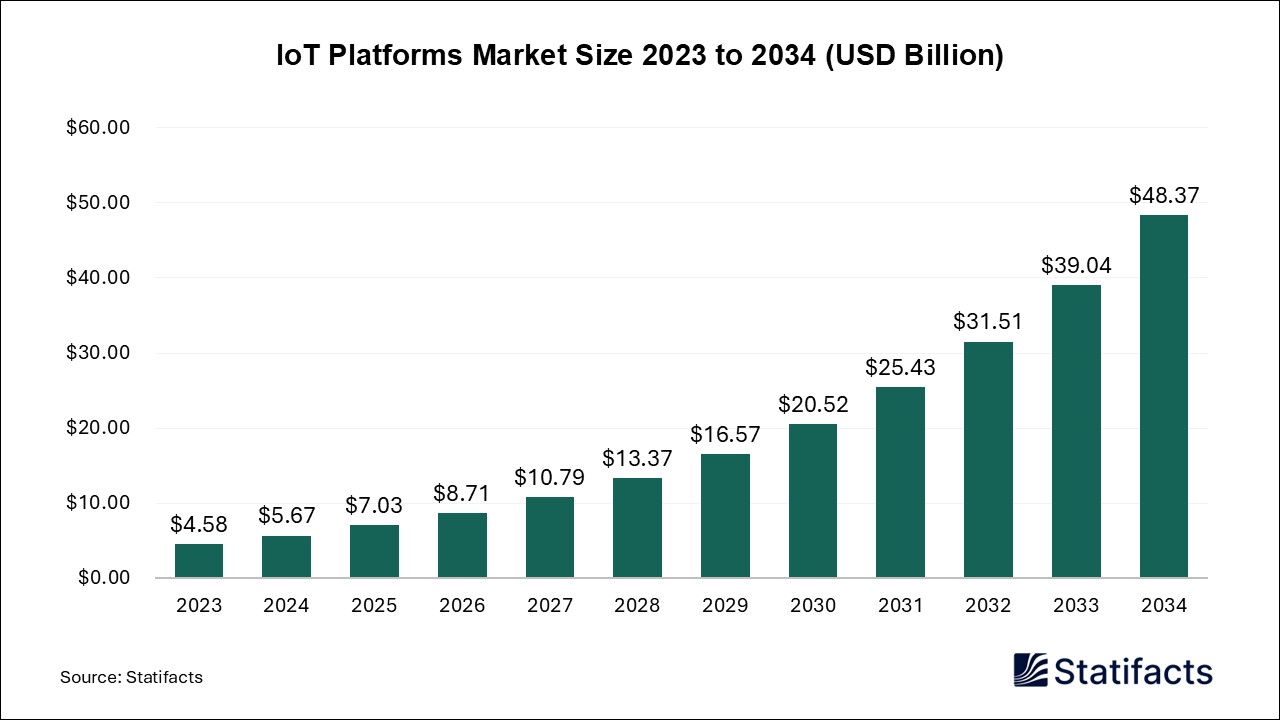

Our customers work more efficiently and benefit from
The global medical device clinical trials market size was valued at USD 17.19 billion in 2024 and is expected to hit around USD 31.34 billion by 2034 with a CAGR of 6.19% from 2025 to 2034.
| Industry Worth | Details |
| Market Size in 2025 | USD 18.25 Billion |
| Expected Market Size in 2034 | USD 31.34 Billion |
| Projected CAGR 2025 to 2034 | 6.19% |
| Segments Covered | Study type,study design, indication, region |
| Key Companies | Abbott;, Medtronic; Siemens Healthineers AG; Fresenius Medical Care AG; GE Healthcare; Koninklijke Philips N.V.; Danaher Corporation; Baxter; Boston Scientific Corporation; F. Hoffmann La Roche |
The medical device clinical trials market refers to the production, distribution, and application of medical device clinical trials advanced through many phases to test safety, determine effectiveness, and identify any side effects. The FDA generally requires Phase 1, 2, and 3 trials to be conducted to determine if the drug or device can be approved for further use. Medical device clinical trials are scientific studies conducted on humans to assess the safety and efficacy of new medical devices.
These are investigations or examinations undertaken to assess the safety or the performance of a medical device in terms of its use in the treatment, prevention, or diagnosis of diseases in human subjects. A medical device can be an instrument, apparatus, implement, machine, appliance, implant, reagent for in vitro use, software, material, or other related article intended by the manufacturer to be used alone or in combination for a medical purpose. A clinical trial is a systematic assessment of the device’s safety and efficacy that uses human participants and its requirements for certain risks. Clinical trials help scientists better understand disease or condition and advance treatments and ways to prevent it in the future. Clinical trials are important for discovering new treatments for diseases and new ways to detect, diagnose, and reduce the chance of developing the disease. Clinical trials can show researchers what does and doesn’t work in humans that cannot be learned in the laboratory or in animals.
Regulatory changes contribute to the growth of the medical device clinical trials market. Well-organized regulatory processes like the FDA’s updated guidelines and European MDR advanced trial approvals. Two main regulations apply to conduct medical device clinical trials. Devices manufactured or sold in the U.S. are regulated by the U.S. Food and Drug Administration (FDA). Global standards are set by the International Organization for Standardization (ISO). They help sponsors, investigators, regulatory authorities, ethics committees, and other bodies involved in the conformity assessment of medical devices, define sponsor and clinical investigator responsibilities, ensure the scientific conduct of the clinical investigation and the credibility of the clinical investigation results, and protects the rights, safety, and well-being of subjects. Medical device clinical investigations generally focus on prototype development, in contrast with drug trials, which place greater emphasis on dose responses.
Technological advancements in medical device clinical trials drive the growth of the medical device clinical trials market. Development in digital health, machine learning (ML), and artificial intelligence (AI) technologies reshaped trial methodologies. AI has the potential to speed trial cycles and patient outcomes by aggregating data in a manner that enhances recruitment, adherence, and data analysis. Machine learning (ML) allows the automation of repetitive tasks like medical image analysis and helps in the discovery of patterns and correlations in patient data, finally leading to a better level of care and more accurate diagnoses.
AI and ML’s potential in clinical trials extends to improve trial design, management, and overall outcomes. By leveraging historical clinical trial data, algorithms can identify areas for protocol optimization, including endpoint selection, sample sizes, and study durations. Digital technologies are used in clinical trials to assess study feasibility, facilitate participant recruitment and retention, allow access to diverse populations, streamline data collection, and facilitate data management. The benefits of digital health also include increased operation efficiency at health facilities like hospitals, enhanced patient health outcomes through personalized treatment plans, decreased healthcare costs for both patients and providers, and expanded access to healthcare to historically marginalized communities.
According to a report published by the World Health Organization in December 2024, the number of clinical trials listed in the WHO International Clinical Trials Registry Platform (ICTRP) is reported by country, year, WHO region, and income group for the period 1999-June 2024. Number of Clinical Trials by Country or Area.
Published by Sanket Gokhale , March 2025
For any questions about this dataset or to discuss customization options, please write to us at sales@statifacts.com
| Stats ID: | 8076 |
| Format: | Databook |
| Published: | March 2025 |
| Delivery: | Immediate |
| Price | US$ 1550 |



| Stats ID: | 8076 |
| Format: | Databook |
| Published: | March 2025 |
| Delivery: | Immediate |
| Price | US$ 1550 |

You will receive an email from our Business Development Manager. Please be sure to check your SPAM/JUNK folder too.

Unlock unlimited access to all exclusive market research reports, empowering your business.
Get industry insights at the most affordable plan
Stay ahead of the competition with comprehensive, actionable intelligence at your fingertips!
Learn More Download
Download
